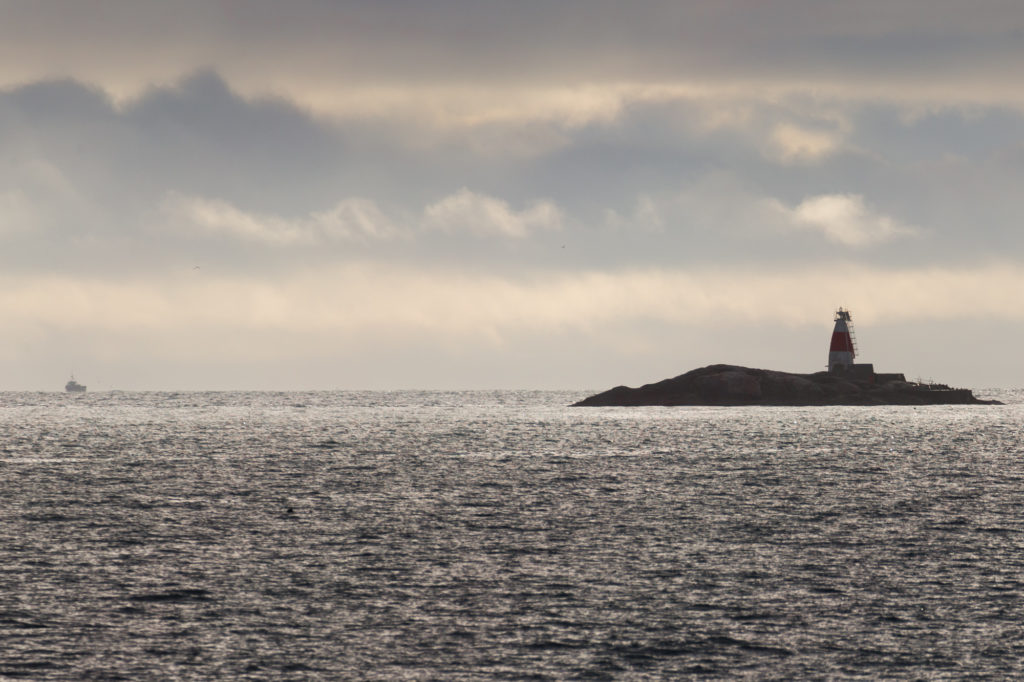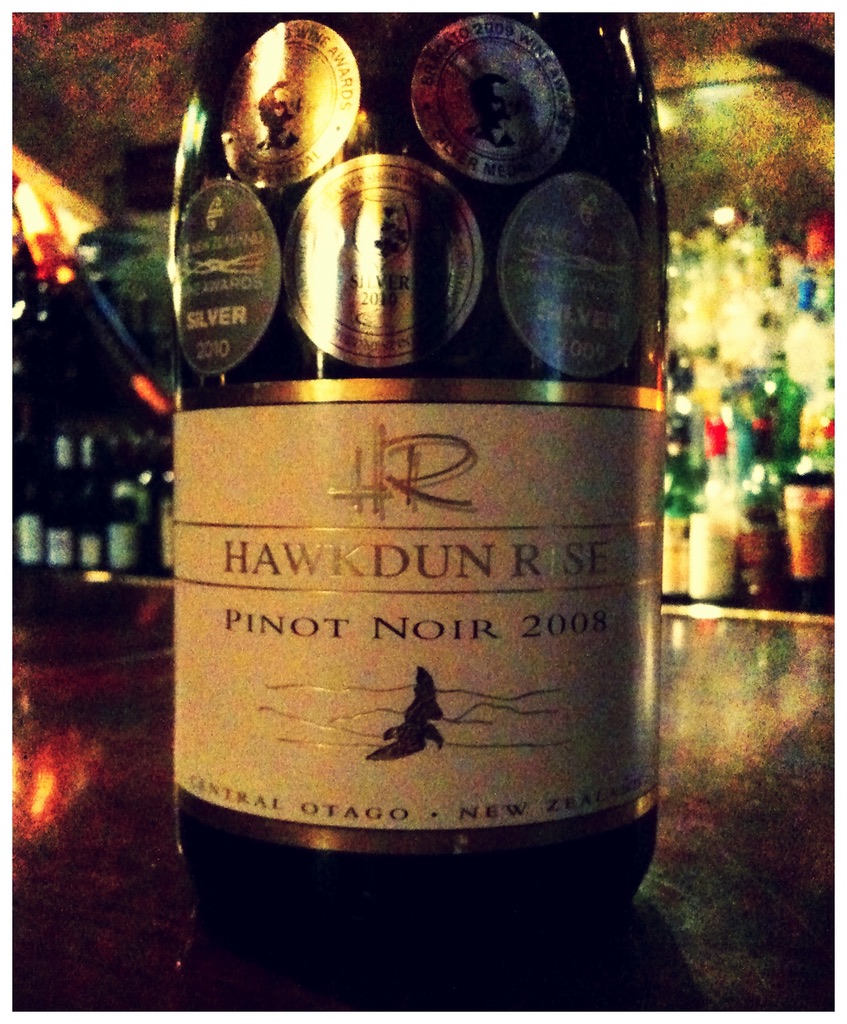I’m not sure why a trawler and a lighthouse on the horizon made me think of an allotment. But my mind drifted to sustainable food production while we were enjoying a sunrise walk along Dun Laoghaire pier this morning. The allotment in question was somewhere in Kent. I only remember it because of the conversation about North of England trophy fishing I had with a man who was planting potatoes in his well tended section. We talked about other things too. Unusual things like farming and wineries near Otago. And The Knowledge, the legendary taxi driver test in London.

This conversation couldn’t have happened had I not decided to walk the London Loop shortly after I retired. The man digging potatoes had looked up and casually asked if I was coming from Erith. I answered that I was actually going there but the long way around. He knew what I meant and we got chatting. He was behind a chain link fence at the side of the path that is shared as a part of the London Loop. He well knew that I had come 20 kilometres from Erith and had another 220 ahead of me. He even knew I was a day hiker from my clothes and daypack.
He told me how he enjoyed meeting allsorts who walked past while he tended his allotment. He could tell if they were tourists on a holiday hike or day trippers like me. He was a retired taxi driver who landed record breaking trophy trout for fun when he wasn’t on his allotment. He invited me to guess his age and I was surprised when he claimed to be in his early eighties. He could have passed for late sixties until I noticed his big hands had swollen knuckles housed in liver spotted skin.
The allotment provided him an excuse to chat and meet people while staying active, or so he said leaning on a shovel handle for support. He said that he produced more food than he could use so he shared and traded with others. He also made his own wines, elder flower being one example he mentioned. He’d been on the committee for decades and said I’d be surprised how satisfying it was to be dependent on others to make it all work. ‘No point having a taxi if no one wants them’ he said.
He told me of the two Kiwis who stopped to chat and enjoyed a drink or two before moving on. He really liked them and they stayed in contact by email and phone. So much so that they invited himself and his wife to look after their farm in Otago a few years ago. The stayed with the Kiwis for a few weeks and then enjoyed a month as South Island farmers while the Kiwis hiked in the Andes or was it the Alps? I was strangely relieved when he volunteered that no retired taxi driver would have an interest in returning to Westminster. I also wanted to know what wineries they’d visited in Otago. He said they’d been to a few but since wine wasn’t his thing he wasn’t sure.

Look at the five stickers that are the testament to the brilliance of this vintage. I don’t drink alcohol but I tasted it and loved it. Not just one taste but three times over a couple of visits to New Zealand in 2010 and 2011. A bottle was enjoyed with colleagues in Wellington, another with a friend in Auckland and then, perhaps the best was with family in Queenstown.
Our daughter has a poly-tunnel that we ate from this year. We spoke on the phone yesterday and she said that she’s already preparing for the next growing season. Which got me thinking about seasonal growth. It’s a problem in sustainable food production.
For example, there was a 2006 study by Saunders et al from Lincoln University in NZ that found the tonne of milk solids that goes into butter in the UK creates 2,921 kilograms of CO2. However the same tonne acquired from NZ only creates 1,423 kilograms including shipping. All year outdoor grazing is the Kiwi advantage for butter and lamb.
Then there’s the myth that local food is always more sustainable than foreign food. Containerised sea freight is the most energy efficient transport known to man. A given ship may emit huge CO2 but the World Shipping Council reckons a container shipped around the world by sea costs the same CO2 as 200 km by truck. That’s good news for coastal communities though less favourable for central continental consumers.
I recalled reading about this a few years ago and I located the book on our shelves again just now. The Virtues of the Table by Julian Baggini (2014) has a chapter titled Be Self-Inefficient. ‘When people exchange goods, they also exchange ideas and experiences.’
I’m certain that the exchange of ideas by globalised trade is vital especially in this time of pandemic. In fact the pandemic threatens every part of human food supply. Interdependence for food may well be the new form of mutually assured destruction.
Matt Ridley’s recent book How Innovation Works emphasises how important the exchange of ideas is to innovation. Not just in creating a better future but also to sustaining our way of life and that of the planet as we like and need it. When we talk of sustaining the planet, most talk about this from the human perspective. While writing about the dawn of life, Ridley coined a phrase that I really like: ‘innovation by fortuitous recombination.’ To be fair, the planet did well for over four billion years without us humans.
I can’t know if James Lovelock is correct in Novacene where he suggested that that our minds may soon become computerised. If they do, the computers that we will have become won’t care so much about the planet preserving a sustainable environment for such fragile life forms as we are. As part of the borg, we’ll have become more robust and we’ll be ready for expansion out from this planet into the wider cosmos.
One robot’s expansion is another robot’s invasion. Nonetheless, I think we just solved the food crisis! And we’d be keeping true to our species’ exploitative tendencies throughout history. Perhaps the Viking program of space probes sent to Mars in the 1970s could have been a continuation of the Viking traditions of pillage and resettlement.

Leave a Reply